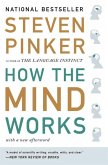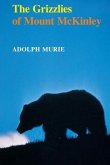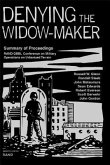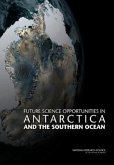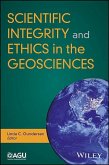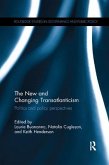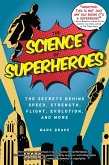First published in 1965, this brilliant, prescient book is divided into three sections:The first concerns space travel and other aspects of the new space age: how our concept of time must be modified when we travel long distances, the space seas of tomorrow, uses of the moon, how lower gravity will affect the sports of space colonists and other fascinating ideas. The second part is about communications satellites, a field in which the author has already played the role of true prophet. The third section ranges widely over the side implications of the space age - scientific meddling, the lunatic fringe and the moral obligations of scientists.
Hinweis: Dieser Artikel kann nur an eine deutsche Lieferadresse ausgeliefert werden.
Hinweis: Dieser Artikel kann nur an eine deutsche Lieferadresse ausgeliefert werden.


